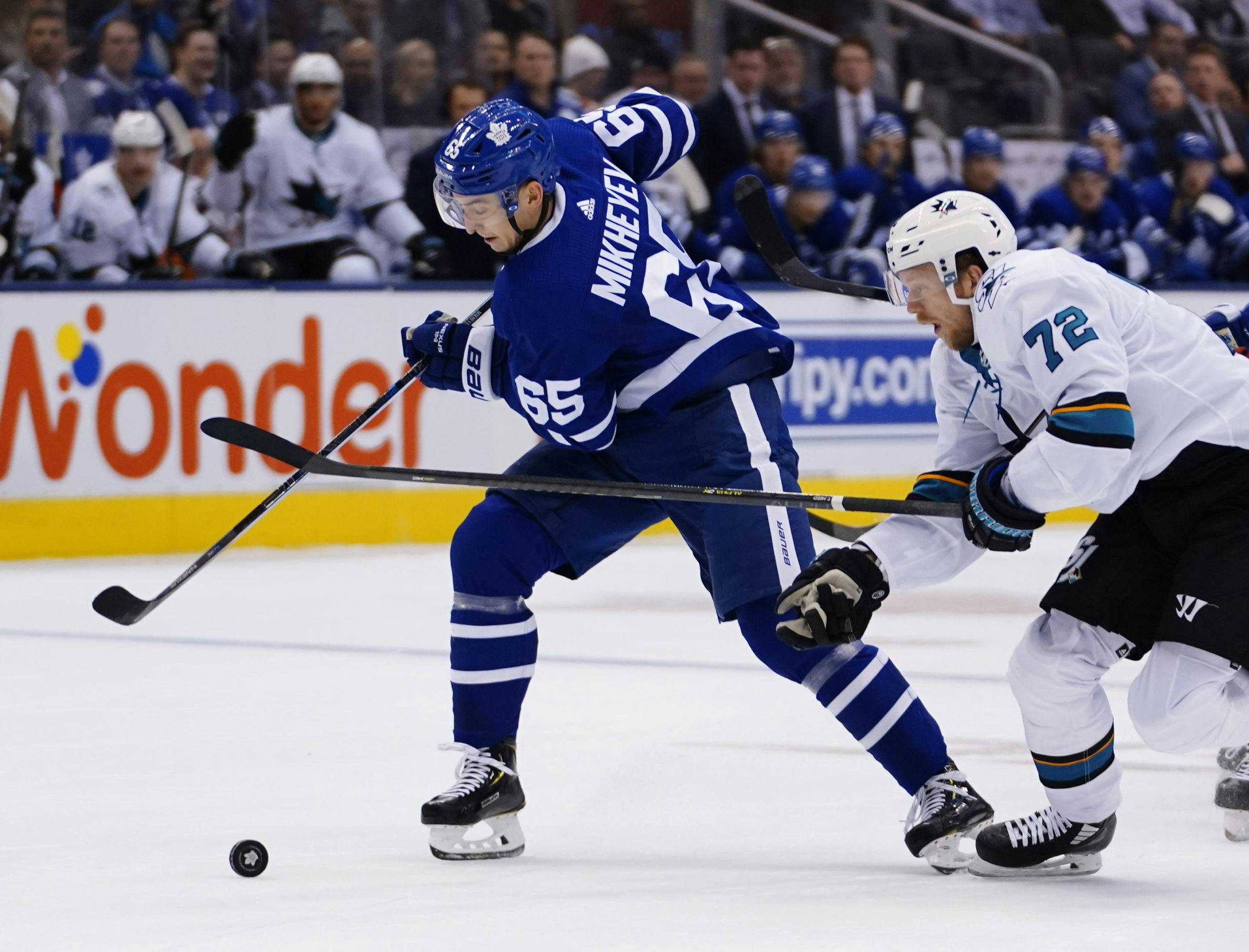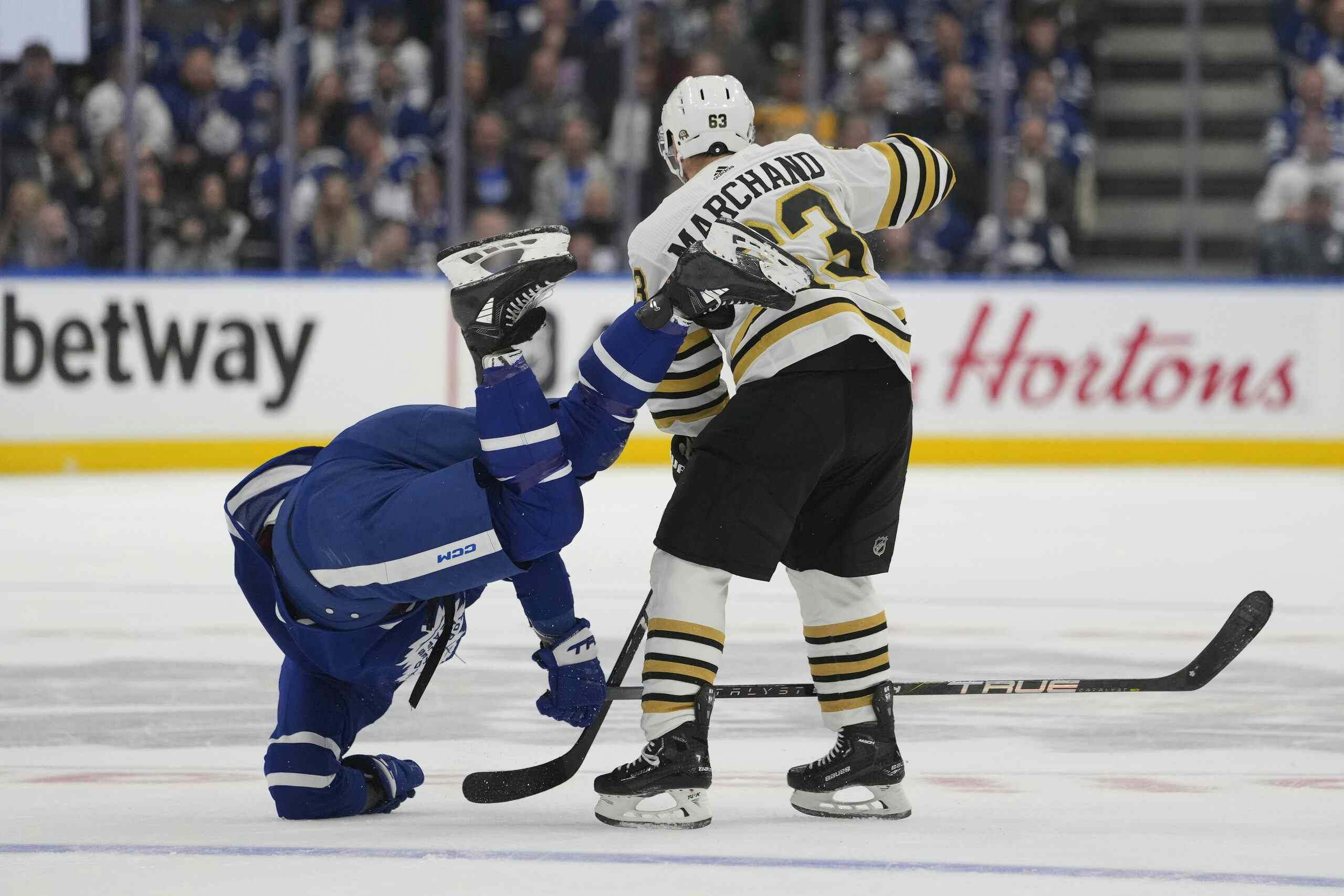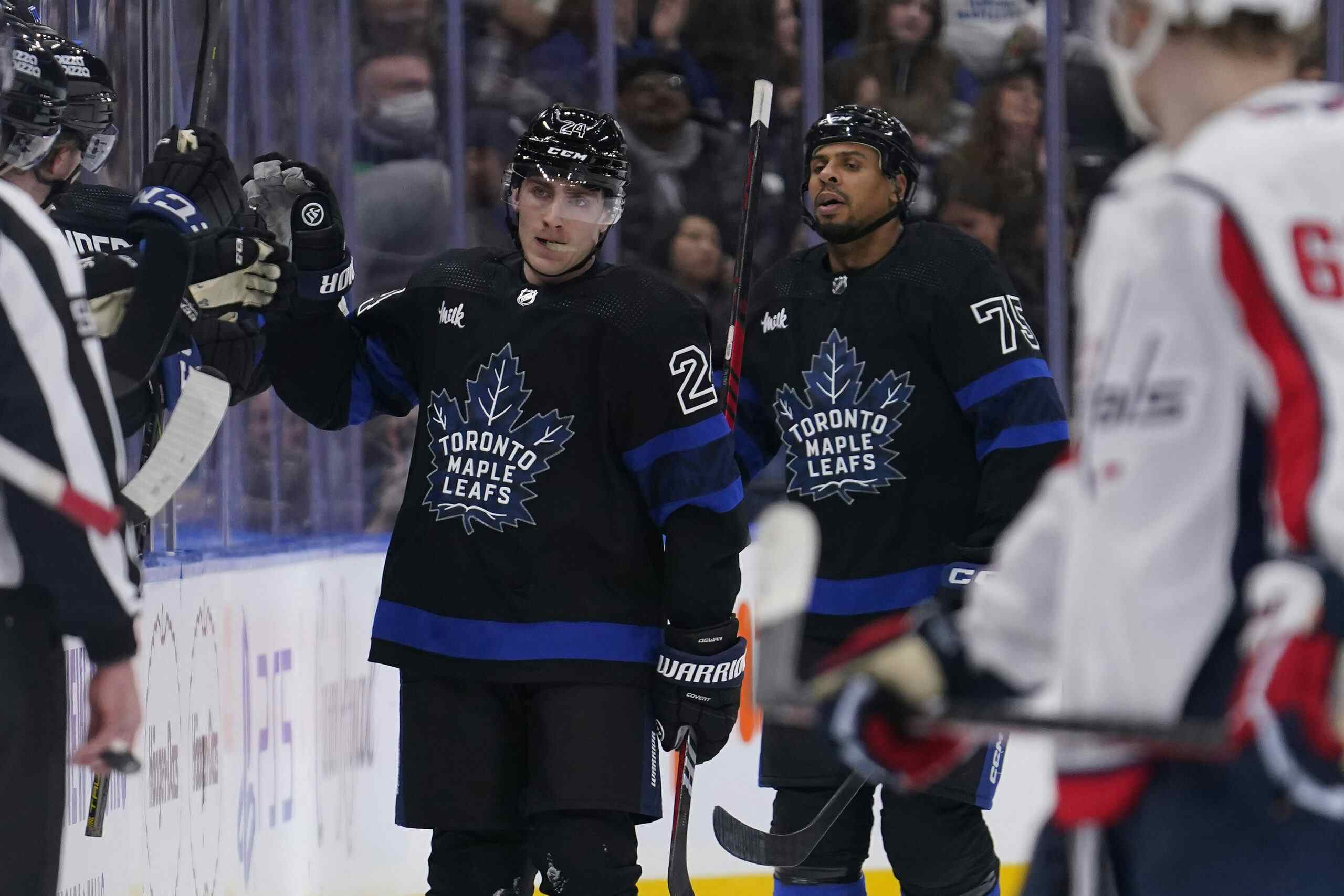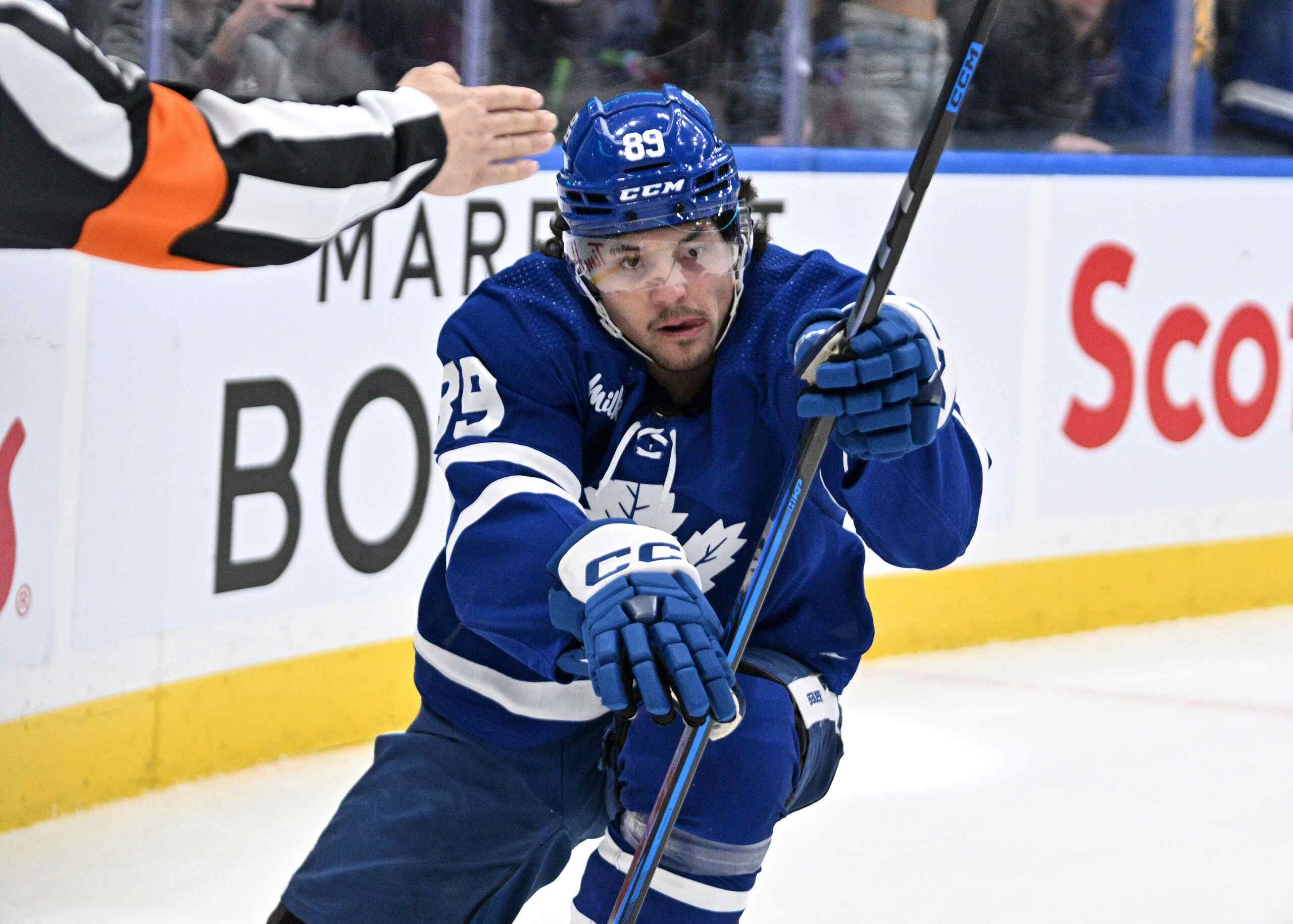Maple Leafs have a strong case against Ilya Mikheyev in arbitration

By Mark Norman
3 years agoOne thing that may have been lost in the shuffle of a busy Day 2 of free agency for the Leafs is that winger @Ilya Mikheyev filed for salary arbitration after being unable to come to terms with the Leafs on a new contract prior to the arbitration filing deadline.
The Leafs had qualified Mikheyev earlier in the week so as to retain his negotiating rights. What is interesting is that the NHL’s qualifying offer rules dictate that the Leafs had to give Mikheyev a two-way offer with a 5% raise on his base salary of $832,500 from last season, meaning that if Mikheyev were to accept the QO his cap hit for next season would have been a few dollars short of $875,000.
That’s not going to happen, though. Considering his immediate contributions to the Maple Leafs this season it is understandable that Mikheyev and his camp may be expecting more than a 5% bump in base salary, especially when taking into account Mikheyev’s total compensation including his signing bonus was $925,000 last season. However, there are a few things that may be working against Ilya and his agent when it comes to his arbitration case, which may make settling beforehand the smartest decision for the player.
First let’s get into what can and cannot be used as evidence in an RFA’s arbitration case:
Admissible Evidence | Inadmissible Evidence |
|
|
|
|
|
|
|
|
| |
|
The first and most important thing worth noting is the admissible length of service aspect. Mikheyev’s 39 games played this season (and in his NHL career) is the least number of games played of any of the 14 players to have their cases heard by an arbitrator since 2014. While Mikheyev put up a 0.59 points-per-game in those 39 games (a 48-point pace), the fact of the matter is that he played less than half of a full NHL regular season. This would prompt questions around sample size and whether he would have been able to keep up that scoring pace over a full season.
Ilya’s case is further hampered by the injury he incurred on December 27th when his right wrist was slashed by the errant skate blade of an opposition forward. Mikheyev had to be rushed to hospital for emergency surgery to repair a cut artery and slashed tendons. Mikheyev was on the cusp of returning from the injury in March, but the Coronavirus pandemic forced the NHL to cancel the rest of the regular season from March 12th onwards. The good news for the left-shooting Mikheyev is that the injury was not to his bottom hand, which is critical for shot power. However, with just five qualification round games played since the injury and no points to show for them, Mikheyev’s camp may have a hard time convincing an arbitrator that the injury did not or will not have a downstream impact on his play.
The Mikheyev camp will try to bring certain highly-paid RFA’s into the discussion as a way to inflate their asking price, but the Leafs will be quick to point to the small sample size of games played as a nullifying factor. It’s probably not even worth diving into comparable players for this due to the uniqueness of the situation and how weak a leg Mikheyev’s camp has to stand on.
One nuclear option at Mikheyev’s disposal would be to threaten to go back to the KHL, but the Leafs would still proceed with the arbitration case so they could lock him in at a low salary whenever he returned to the NHL. Plus, the Leafs would push hard for a two-year deal so they could maximize that outcome to their benefit.
This may all be a moot point anyways: the fact of the matter is that arbitration cases rarely ever get to the hearing itself. Of the 187 arbitration cases filed since 2014, only 8% have resulted in an arbitration ruling, with the remaining 92% being settled before the hearing or in the immediate 48 hours post-hearing before the ruling is able to be delivered.
The Leafs hold the cards here. The most likely outcome is that Mikheyev settles before arbitration for a one-year deal at an AAV that is very slightly above what he was making last season ($925,000). This works for both parties: Mikheyev gets to bet on himself for a bigger payday next summer, and the Leafs get some much-needed short-term salary relief while retaining Mikheyev’s RFA status next summer.
Recent articles from Mark Norman





